
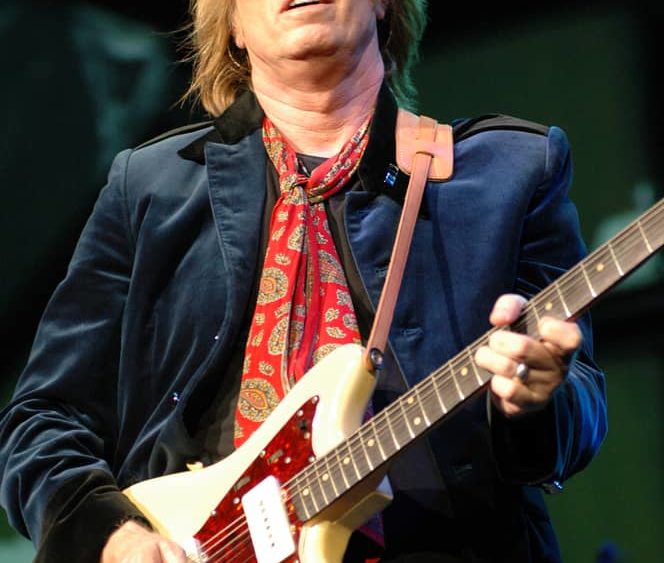
Tom Petty and the Heartbreakers bassist Ron Blair was born on September 16th, 1948. There was this time when Ron wasn't around, but bass legend Duck Dunn was, so he played on a recording for the album Hard Promises. Tom Petty and the Heartbreakers keyboardist Benmont Tench can't recall why their bassist, Ron Blair, wasn't around for the session for "A Woman in Love (It's Not Me)." But he says that it gave them an opportunity to work with the legendary player for Booker T. & the MG's and Eric Clapton, Donald "Duck" Dunn.
"Duck was around and Duck was an idol of ours and he was a very good friend of ours. So you get an opportunity to play a song with Duck Dunn, you take it. And he's going to shape it without bossing anybody around, just the way that he's gonna play is going to do something really crazy to the feel and just lovely, so that it breathes and relaxes a little after the intro and it picks back up when the chorus come in and it backs down again to the verse. Just lovely what he did."
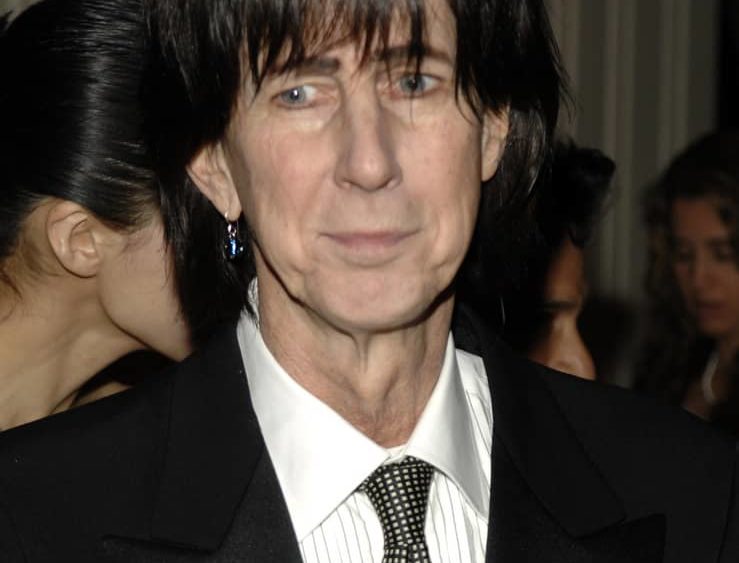
Today (September 15th) marks the first anniversary of the death of Cars frontman Ric Ocasek, who succumbed to heart disease in his New York apartment at age 75 . The Cars song "Good Times Roll" was not really about good times. The late Ric Ocasek, who wrote it sayss you shouldn't take it at face value.
“That was my song about what the good times in rock ‘n’ roll really mean, instead of what they’re supposed to be. It was kind of a parody of good times, really. It was kinda like not about good times at all.”
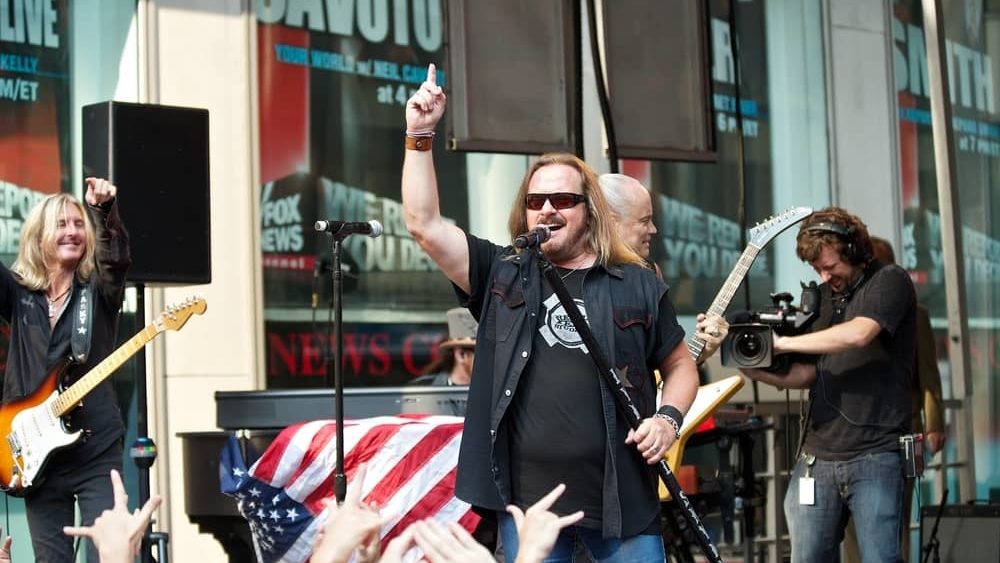
Oddly enough 2 members of Lynyrd Skynyrd no longer with us had birthdays today, Ed King (who was in the psychedelic group Strawberry Alarm Clock (Incense and Peppermints) and Steve Gaines. the song "You Got That Right" was written and sung by both Ronnie Van Zant and Steve Gaines. it was on Street Survivors which was the last for Ronnie Van Zant, new guitarist Steve Gaines and his sister Cassie, who sang backing vocals. The three of them died in the tragic plane crash that took place just three days after the album was released. Former drummer Artimus Pyle recalls a song that strongly bears their stamp, "You Got That Right."
“’You Got That Right,’ of course, was written by Steve Gaines. He and Ronnie sang it together. I love that, because Steve Gaines, I’ll have to tell you, was one special human being. He was always playing his guitar, walking around the hotel with it on. We kidded him about sleeping with it. Steve was just a real great person. One of my very favorite tunes. I love the energy of the song, I love some of the things I was able to do on drums and I love Ronnie and Steve’s vocals.”
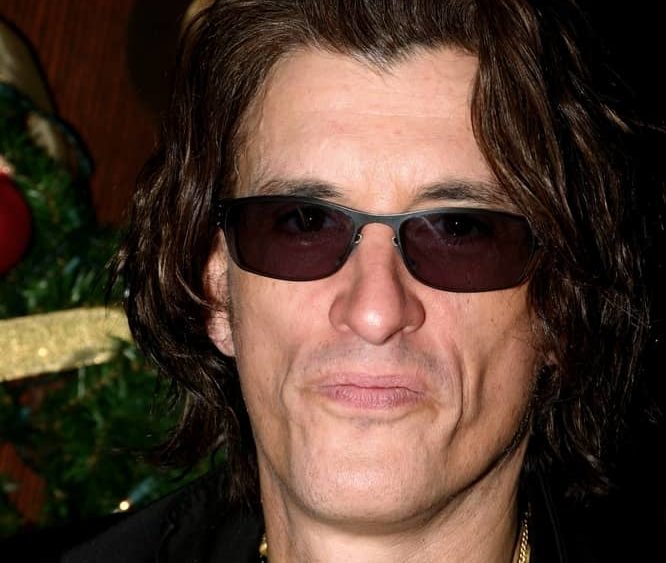
Aerosmith guitarist celebrates his 70th birthday today. He and Steven Tyler don't always agree when writing songs. "Eat the Rich" is a perfect example. Joe Perry co-wrote "Eat the Rich" with Steven Tyler and Bryan Adams' songwriting partner Jim Vallance, who helped with the writing of a bunch of '80s and '90s Aerosmith cuts. Perry, whose contributions are generally musical, says he was never all that down with the idea of the song.
“I’m thinking, ‘How can Aerosmith do a song like this?’ I don’t think any of us are half as rich as people think we are, but we’ve definitely been able to earn a living doing this. Saying ‘Eat the Rich’ is kind of like us saying ‘eat me’. So I kind of had a little bit of a problem with that title, but I think the riffs made it right.”
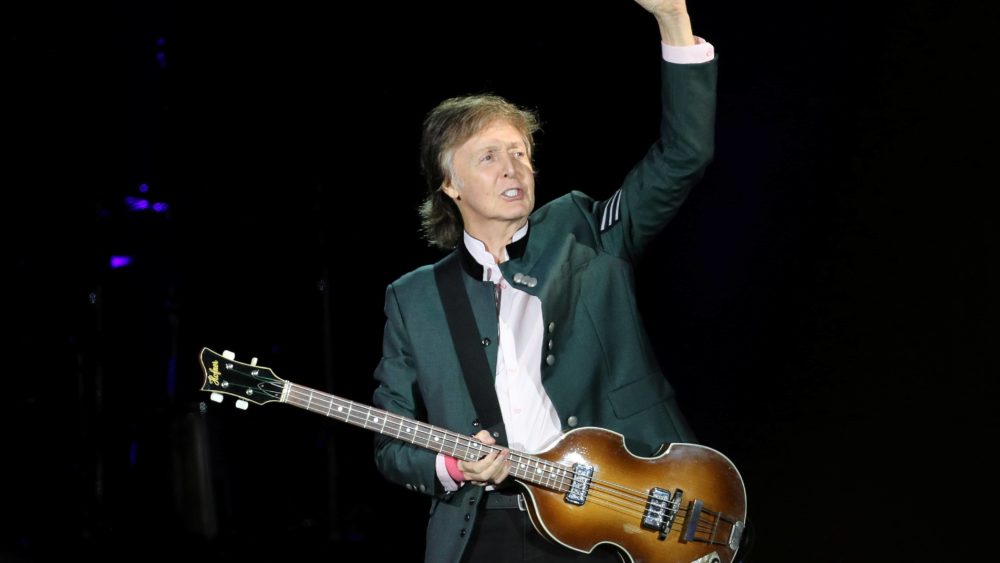
Paul McCartney has made no bones about the facts that some of his lyrics don't make sense, and, he has, on occasion, tossed in some Liverpool slang.
He says, "When you are kids you make up silly things, and what’s great about it is you and your friends all know those silly things… So, they don't have to mean anything! We had a few words and phrases that, if one of us said it, would amuse the others because it was like a secret code..."
One of those codes appeared in John Lennon's "Sun King" from the medley on Side Two of The Beatles' Abbey Road.
Paul McCartney on Liverpool slang making it into John Lennon's "Sun King" on The Beatles' Abbey Road.
"He didn't have any middle lyrics so we were just making up rubbish. There's an expression, it was called chicka ferdy. Chicka ferdy! Chicka ferdy! I don't know if you ever heard it, but it was like, you know, it was a rude expression. I never heard it anywhere else, so we kind of put it in the Spanish lyrics [sings]. So doing that with John with the guys, that was like a great memory."
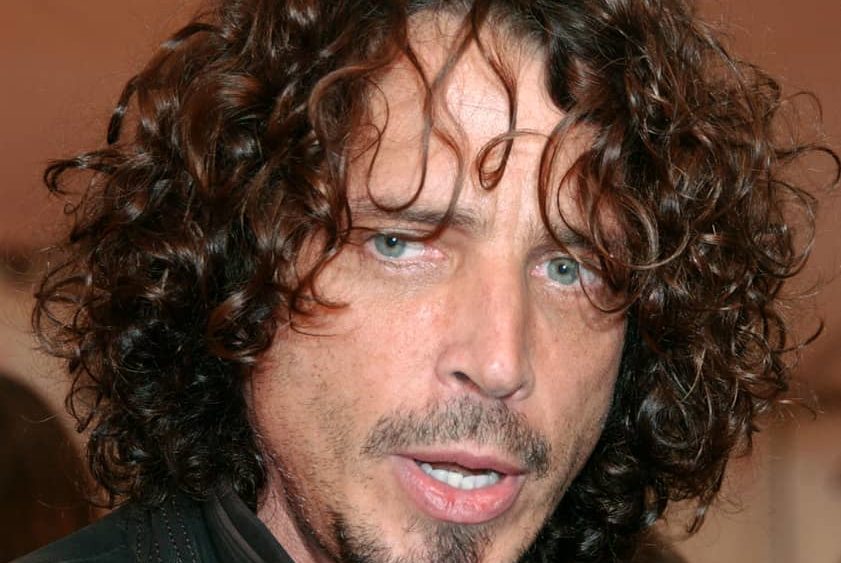
Kim Thayil guitarist for Soundgarden tuens 60 today. He couldn't believe Chris Cornell wrote "Black Hole Sun" so quickly, and on guitar. It was on the album Superunknown in 1994. He first heard "Black Hole Sun" on a demo the late Chris Cornell brought into the studio.
“There are guitar parts on that that sounded like they would’ve been written on piano. They’re not, but it sounded that way -- like the opening arpeggiated part. I thought, ‘Wow! You wrote that that quickly?’ Hiro Yamamoto, our founding bass player, walked into the studio to kind of say hi and he heard that demo and he starts smiling. He goes, ‘That’s your hit.’”
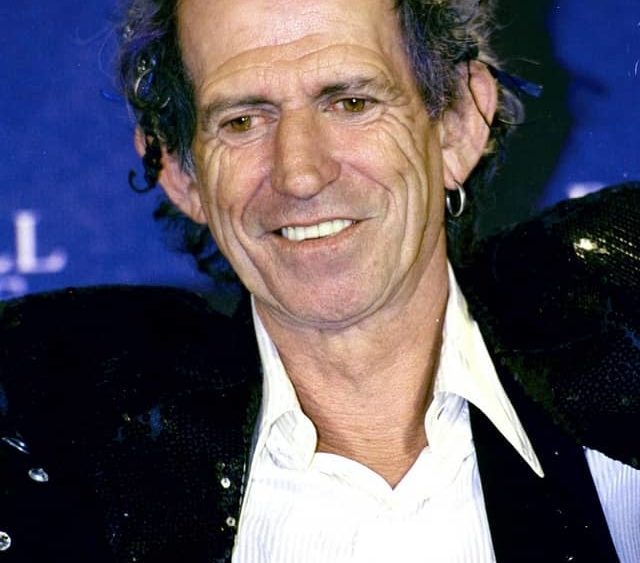
The Rolling Stones will kick off Labor Day weekend with the deluxe reissue of their third album of the '70s -- 1973's Goats Head Soup.
Mick Jagger on Goats Head Soup:
"The weird thing about this record is, it is a few bits and bobs. Most of it was focused in a way and recorded in Jamaica, but not all of it. When you listen to it it's very different from [our previous album] Exile [on Main St.]. But Exile was this sprawling thing that was recorded everywhere over a long time period. And Goats Head's a bit more centered on what we recorded in Kingston, Jamaica. Though of course Exile wad very mixed up with tracks from previous sessions and so on. I don't really recall us having any sort of sit down talk saying, 'Okay, we're gonna make a record that's different.' I don't think we did at all. But it's a very kind of quite eclectic bunch of songs I think."
Keith Richards on Goats Head Soup.
"As far as Goats Head Soup went, I realize that it was the first album that Mick and I really truly had to deal with the Exile bit. Because Exile on Main St., hey, we were ready to go. We just lived in my basement, everybody, and we just did what we did. And we were still like on each other's backs. But by the time we got to cut the Goats Head Soup, Mick and I, all of the band, had sort of separated over the world for a while, you know, so you had to learn in a way, or figure out how to write songs outside of not being in each other's pocket all the time, you know."
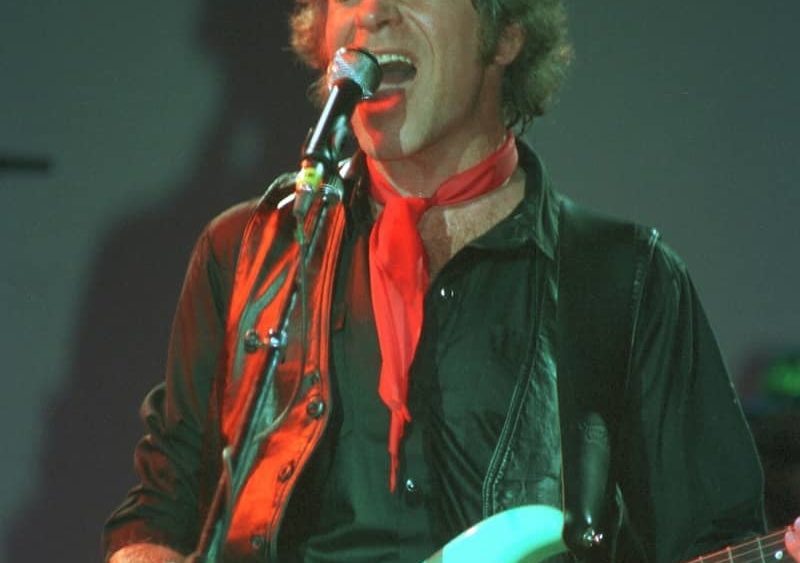
On September 2nd, 1995, John Fogerty performed at the Rock and Roll Hall of Fame's all-star grand opening concert at Municipal Stadium in Cleveland. 25 years ago today (September 2nd), John Fogerty performed two Creedence Clearwater Revival classics -- "Born on the Bayou" and "Fortunate Son" -- at the Rock and Roll Hall of Fame's all-star grand opening concert at Municipal Stadium in Cleveland. He also joined Bruce Springsteen for a duet cover of Roy Orbison's "Pretty Woman." He talks about using "Born on the Bayou" as a concert opener. Born on the Bayou was the B side of Proud Mary which made it to # 2 on the Billboard Hot 100 in 1969.
John Fogerty on opening shows with "Born on the Bayou."
"That started out a long, long time ago. That was my decision in 1969 to start our shows with that song. Really, the reason is it's a nice medium tempo thing that has a real good groove to it, but yet I can get way into it vocally. I can really start to hit my voice really hard right away and it gives my fingers a chance to warm up."
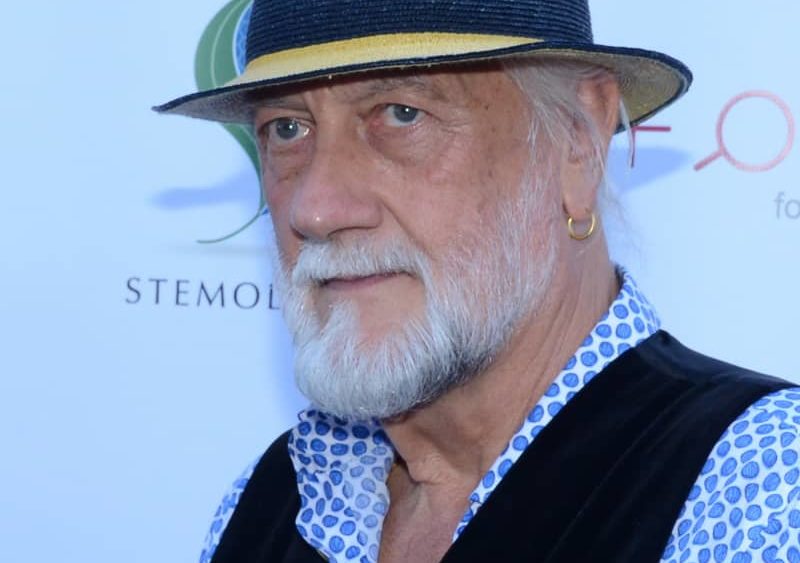
On September 1st, 1980, Fleetwood Mac ended their 10-month Tusk world tour at the Hollywood Bowl, where Lindsey Buckingham announced that it would be the group's last show for a long time. "Tusk" was a Lindsey Buckingham track that had been put aside during the sessions for the album of the same name. That is, until drummer Mick Fleetwood visited his mother in France during a break in the recording. There he encountered the local town brass band, which aroused him from his bed one night, but also made him think about the sense of community it inspired. Fleetwood picks up the story.
“I thought no more about it until one day I went into the studio and said, ‘What about putting a brass band on it?’ And we got the USC Marching Band and everybody thought I was ‘round the twist. And I said, ‘Well, we’ve got to record it at Dodger Stadium.’ And they said, ‘Mick, you’re definitely around the twist, it’ll cost a fortune,’ which it didn’t. They gave us, very graciously, the use of Dodger Stadium and we did indeed record the brass band at Dodger Stadium. And it made its way not only onto the album, but it became a pretty off-the-wall track for Fleetwood Mac.
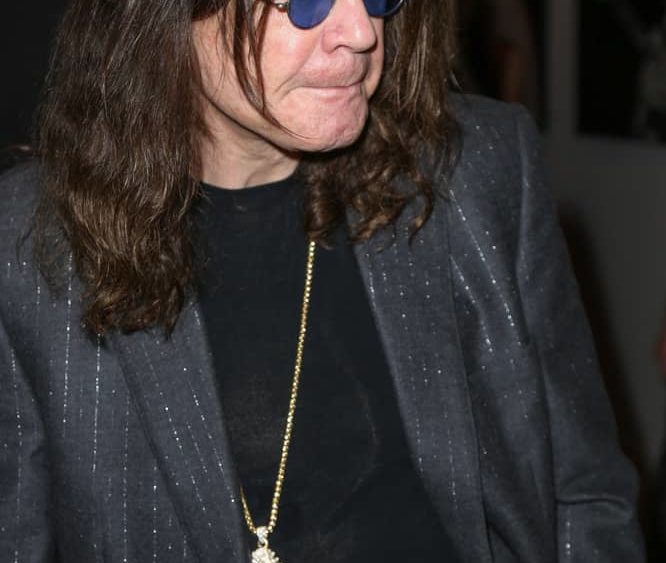
A fuming Jack Osbourne dashed off a Facebook post blasting the tabloids for running photos of his father, Ozzy, after letting his hair go its natural grey color.
The shots of Ozzy ran Saturday in Britain's The Daily Mail.
